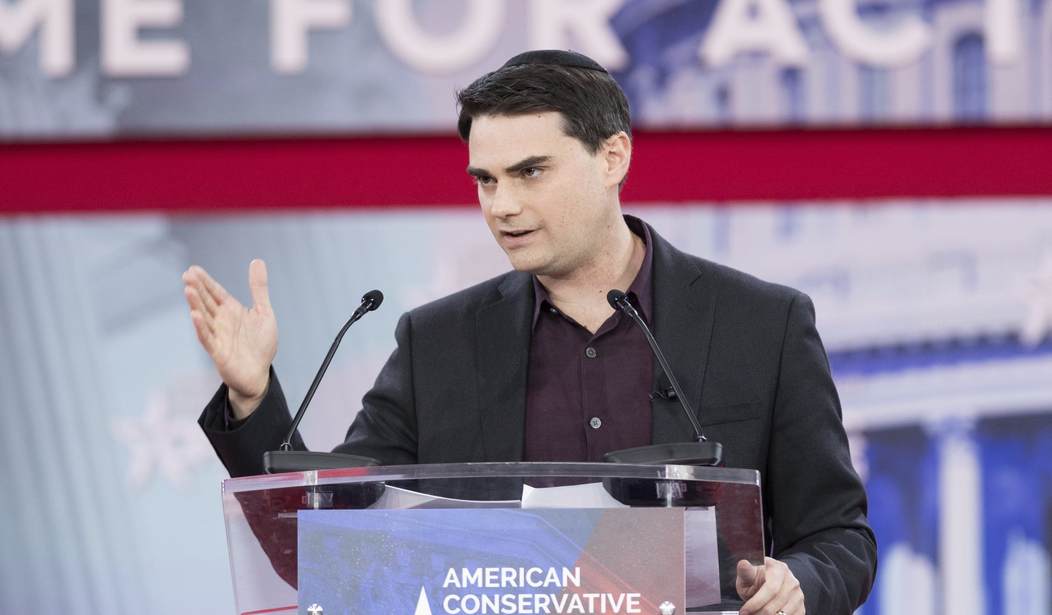Last month, the University of Pittsburgh violated its contract with the university’s College Republicans chapter, imposing on them a $5,546.52 fine for security two days before a scheduled Ben Shapiro speech. On Monday, Alliance Defending Freedom (ADF) sent a letter urging the university to drop the charges in the name of free speech.
“The Supreme Court made clear, ‘[s]peech cannot be financially burdened, any more than it can be punished or banned, simply because it might offend a hostile mob.’ Imposing security fees based on the beliefs offered by YAF, College Republicans and their speaker—Ben Shapiro—is viewpoint discrimination,” ADF Senior Counsel Jonathan Larcomb wrote in the letter, quoting the Supreme Court’s ruling in Forsyth County v. Nationalist Movement (1992).
ADF has won eight Supreme Court cases in the past seven years, so the firm means business.
The College Republicans scheduled the Shapiro speech months in advance. Yet a mere two days before the speech, the university demanded the student group pay $5,546.52 in security costs due to the possibility of “controversy” and “protests” against Shapiro. This not only imposed a burden on the College Republicans’ free speech, but also violated the contract the University of Pittsburgh made with Young America’s Foundation (YAF), which connected the student group with Shapiro.
On behalf of Shapiro, YAF signed a contract on October 18. According to the contract, which ADF quoted in the letter, the “University will provide: Accommodations for livestream by YAF team, Pitt Police Security.” Another section added that the “University will provide all house personnel necessary for the Event. This includes all ushers, ticket takers and security personnel deemed necessary by the University.”
When the University forced YAF and the College Republicans to choose between paying a fee and canceling the event, they broke this contract and violated the Constitution’s protection for free speech, ADF claimed.
“The U.S. Supreme Court has made it clear: Public universities can’t enact policies that stifle free speech simply because administrators fear protestors might show up or students might be offended,” Larcomb said in a statement Wednesday.
“The reason for that is simple: Speech isn’t free if the speaker can be forced to pay money simply because somebody may object,” Larcomb added. “The Supreme Court has specifically stated that security fees, such as the ones Pitt has assessed, aren’t constitutionally permissible.”
ADF’s letter asked the university to drop the unconstitutional charge and to alter its policies for such events.
“Further, university guidelines allow for the assessment of fees based on the potential negative reactions of listeners. Per university guidelines, school administrators must consider ‘prior security concerns at speaker’s past presentations’ and ‘other events taking place on campus,'” Larcomb wrote in the letter. “Both of these factors are content-based because both require university officials to factor safety concerns created by protestors at the University of Pittsburgh and at other universities.”
The lawyer again quoted Forsyth, arguing that “‘Listeners’ reaction to speech is not a content-neutral basis for regulation.’ As a result, Pitt’s own policy codifies an unconstitutional heckler’s veto that stifles minority viewpoints.”
ADF Senior Counsel Tyson Langhofer, director of the ADF Center for Academic Freedom, explained why the case is important.
“Today’s college students will be tomorrow’s legislators, judges, educators, and voters. That’s why it’s so important that public colleges and universities demonstrate the First Amendment values they are supposed to be teaching to students,” Langhofer argued.
“Pitt should be modeling this for its students, and a good first step would be to end its unconstitutional policy that threatens to silence minority viewpoints,” he concluded.
Follow the author of this article on Twitter at @Tyler2ONeil.









Join the conversation as a VIP Member